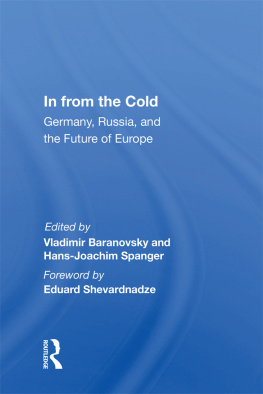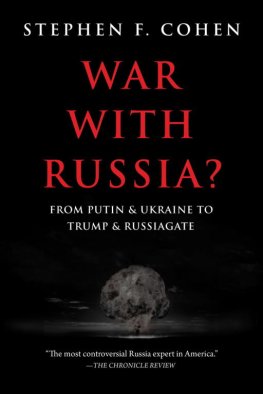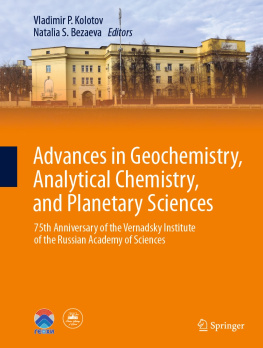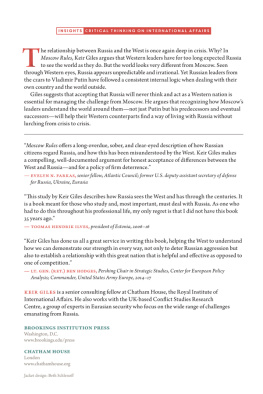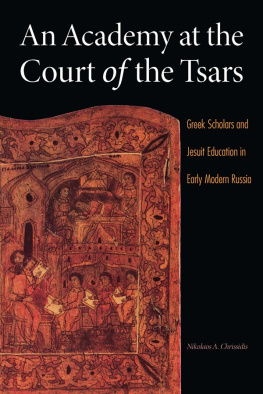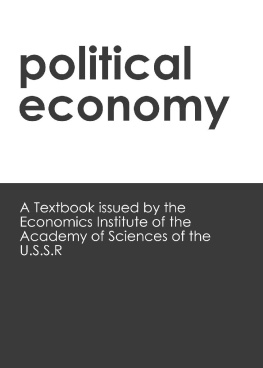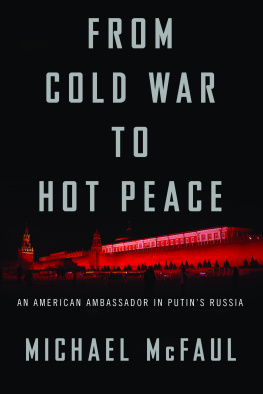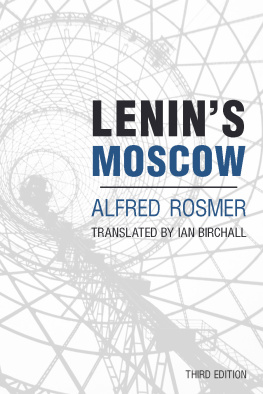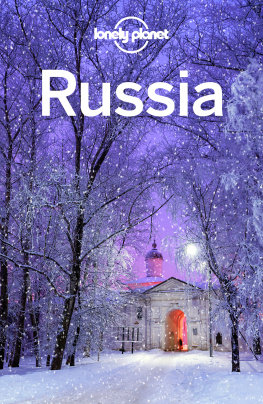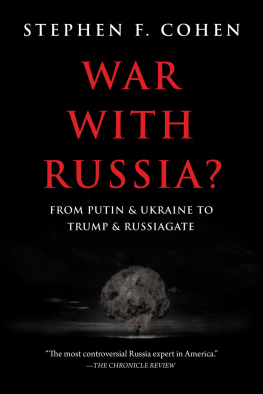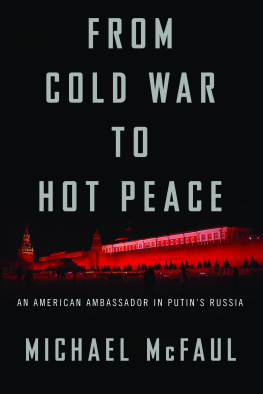First published 1992 by Westview Press, Inc.
Published 2018 by Routledge
52 Vanderbilt Avenue, New York, NY 10017
2 Park Square, Milton Park, Abingdon, Oxon OX14 4RN
Routledge is an imprint of the Taylor & Francis Group, an informa business
Copyright 1992 Taylor & Francis
All rights reserved. No part of this book may be reprinted or reproduced or utilised in any form or by any electronic, mechanical, or other means, now known or hereafter invented, including photocopying and recording, or in any information storage or retrieval system, without permission in writing from the publishers.
Notice:
Product or corporate names may be trademarks or registered trademarks, and are used only for identification and explanation without intent to infringe.
A CIP catalog record for this book is available from the Library of Congress.
ISBN 13: 978-0-367-01097-3 (hbk)
Europe, a continent literally brimming with history, has gone through periods of rise and decline, exhilarating eras of remarkable flourishing, and dark times of deep decay. A mere decade ago, "Euro-pessimism" was the predominant mood on the continent: while rapidly losing its influence on the world stage, Europe was turning into a field of sharp confrontation between East and West. Who would have thought then that the waning years of the twentieth century would usher in a brand-new age in European history?
By the end of the 1980s a wave of sudden and fundamental changes had washed over Europe, clearing the way for a qualitatively new stage in the evolution of the Old World. Europe was entering the last decade of the century looking younger, casting off the load of the past, coming to life after the confrontations of "cold war," finding a kind of second breath. This centuries-old civilization, which is deeply rooted in classical antiquity and has assimilated the greatest spiritual and material achievements of humankind, seemed acquiring a chance to develop its full potential.
The revolutionary reconstruction of the USSR initiated in 1985 became the most important event of international significance. As a result, the perennial image of the Soviet Union changed radically. The Western countries ceased to regard the USSR as totally alien, abnormal, hostile, and threatening. A number of substantial adjustments in Soviet foreign policy contributed greatly to this new perception. They found their expression in a thorough revaluation of the fundamental aims and means of the country's foreign policy as well as in a new and much more constructive and flexible approach to various major international problems.
To be sure, effecting such revolutionary changes was by no means an easy undertaking. It proved necessary not only to overcome traditional ideological dogmas and stereotypes but also to translate the "new political thinking" into a new foreign policy. The latter was increasingly opposed by reactionary forces in the Soviet Union. They were criticizing as "concessions to imperialism" virtually everything that had made possible the normalization of the situation in the world, reduced the threat of war, eroded the enemy image of the USSR, and encouraged confidence and sympathy for the Soviet Union in other countries.
The steps taken under perestroika have stirred much sympathy abroad for the USSR and created favorable conditions unprecedented and unique in the history of the Soviet state. Moreover, the changes in the Soviet Union gave a powerful stimulus for the positive developments on the European continent. In fact, perestroika also stimulated the revolutionary reforms in the countries of Central and Eastern Europe. New political forces appeared on the scene there, and within a few months a fundamental transformation of the whole economic and political system was initiated. Accordingly, relations between the countries in the eastern part of the continent have been radically altered. They are no longer based on "mutual solidarity" (i.e., categorically rejecting the West while largely staying under Soviet control) but on a balance of interests and on principles such as equality and mutual respect of political choices.
Only on this basis did German reunification become possible -- though not so long ago almost nobody could have thought of this as a goal of practical policy. The division of the country, absent a post-World War II peace treaty, festered into a sore at the very heart of Europe that could not but be excised. All the talk about the right of nations to self-determination would have remained mere palaver had the Germans been refused such a right. All the arguments about the necessity to overcome the division of Europe would have been vacuous had they failed to address its most visible symbol -- the division of Germany. The settlement of this problem has become one of the major contributions to the cause of strengthening peace and stability on the European continent.
New perspectives for progress in pan-European cooperation are coming to light. The "Charter of Paris for a New Europe," signed on 21 November 1990 by the 34 participants in the CSCE meeting in Paris, proclaims that the era of division and confrontation in Europe has come to an end. Human rights, democracy and the rule of law, economic freedom and responsibility, friendly relations between nations, strengthening international security, and cooperation with other parts of the world are actually laid down in this document as common European values. It is no less important to note significant policy shifts being effected by the North Atlantic Treaty Organization. Its recent decisions actually mark a dramatic turning point; once fully implemented, they will have a tremendous impact on international politics.
It is no exaggeration to say that the old idea of a united Europe is being given a chance. The European countries now proceed from the assumption that they have a common destiny, common problems, and common interests. These include better living conditions, a secure and lasting peace, guarantees for basic rights and freedoms, material wealth, an adequate intellectual development, a healthy environment, etc. It is Europe that faces the noble task of showing the rest of the world that the further progress of our civilization is possible only on the basis of the universal human values.
However, most recent developments in Europe have equally demonstrated that the continent is confronted with a number of serious risks for peace and stability. In the eastern part of the continent the aggravation of problems that have remained unsettled for many years could become a source of tension and encourage extremist tendencies in both domestic and foreign policy. Issues of interethnic relations are on the agenda again and have significant international implications. Phantoms of nationalism creep out of their deep holes. The dramatic events in Yugoslavia have turned a whole European country into a battlefield and at the same time highlighted the lack of adequate instruments available to the international community to tackle these reemerging problems.

